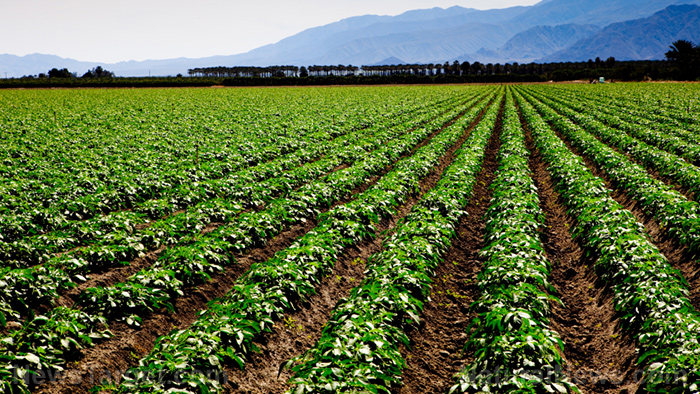China’s environmental minister vows to clean up polluted land by 2020, making it safe for agriculture
10/05/2018 / By David Williams

After recently completing its groundbreaking five-year action plan to fix its problem with smog all over the country, China has now begun to draw up plans for cleaning up polluted land to make it safe for agriculture by 2020. This is according to an account of a weekend meeting published by the Chinese Ministry of Environmental Protection (MEP) on its official website, Reuters reports.
If you thought your state had problems with land, air, and water pollution and how each of those affects the chances for agriculture in available farmlands, you might be surprised at how much worse China has it. According to environment minister Li Ganjie, China’s current plans involve trying to make around 90 percent of its contaminated farmland safe for planted crops by the end of the year 2020, as well as restricting development on a quarter of the country’s territory in the meantime.
China is going to conduct a detailed investigation into soil pollution and even go so far as to launch pilot zones that will be designated test areas for pollution prevention and treatment technologies, said Li. The effort will be part of the country’s 2014 declaration of war on pollution, which was headed off public discontent and meant to reverse all the damages caused by more than three decades’ worth of pollution to the rivers, skies, and soil.
Apart from making the soil safer for crop planting, Li said that China also plans to cut the amount of so-called below grade V water, which has been deemed unfit for use even in industrial or irrigation purposes, to less than five percent overall by the end of 2020. As of the first half of 2017, its percentage sits at 8.8, so it’s not that bad but certainly needs some work.

Improving the quality of the country’s drinking water is said to be one of the major priorities for China in the coming years, and the official target is grade III or better — which means fit for human consumption — for more than 80 percent of all its water by the end of 2020.
According to a survey conducted in 2013, about 3.3 million hectares or about 8 million acres of farmland in China — an area that’s roughly the same size as the state of Maryland — was simply too polluted to grow crops on. And the estimated clean-up costs for such an area amounted to 1 trillion yuan or around $159 billion.
China’s new three-year plan also aims to raise the proportion of so-called good air days to 80 percent in a total of 338 major cities, said Li. And there will be certain cities put under pressure to cut their rates of “PM2.5” — a known smog indicator — by up to 18 percent by the end of 2020.
Although it shared its plans in broad strokes, the Chinese environment protection agency didn’t mention what methods it will rely on to achieve its goals. As it stands, the countdown has already begun for it to meet its goals by the end of the decade. Perhaps they will try some non-conventional methods, such as phytoremediation in order to kickstart the country’s polluted soil cleanup. Certain plants, when planted, have the ability to remove harmful and potentially toxic metals from the soil. As you can imagine, doing so would free up the soil to accommodate actual food crops that the entire country can benefit from once harvest time comes around.
In any case, China has a long road ahead of it as far as cleaning up polluted lands is concerned. And it’s good that they have already started working on it now.
Stay updated on China’s clean-up action plan at Pollution.news.
Sources include:
Submit a correction >>
Tagged Under:
This article may contain statements that reflect the opinion of the author





















